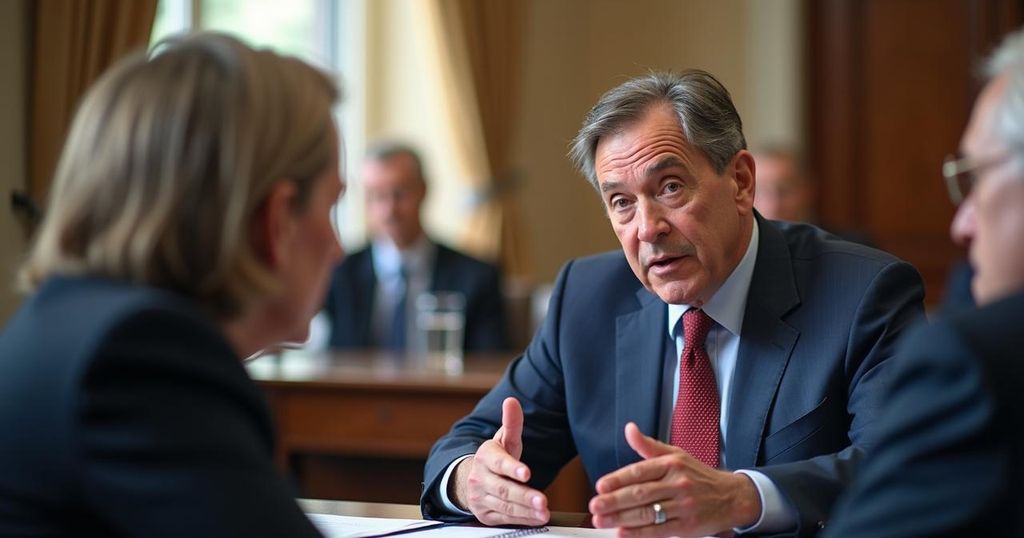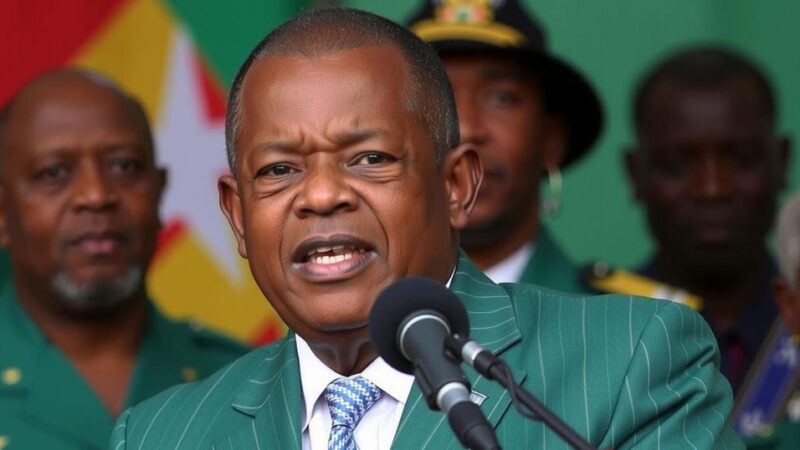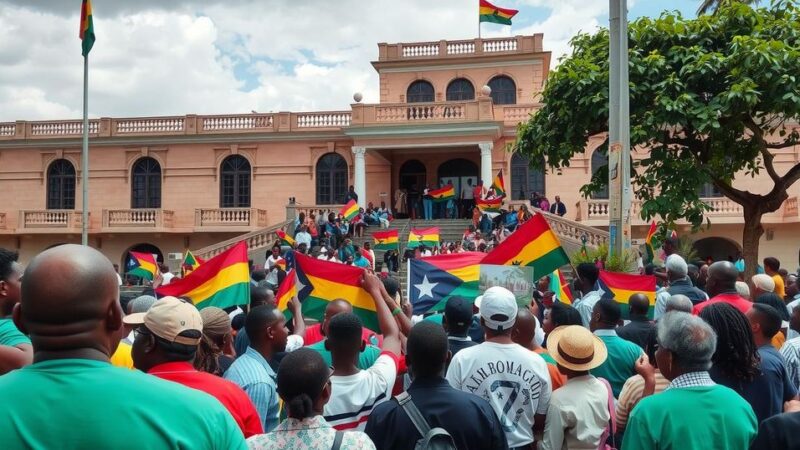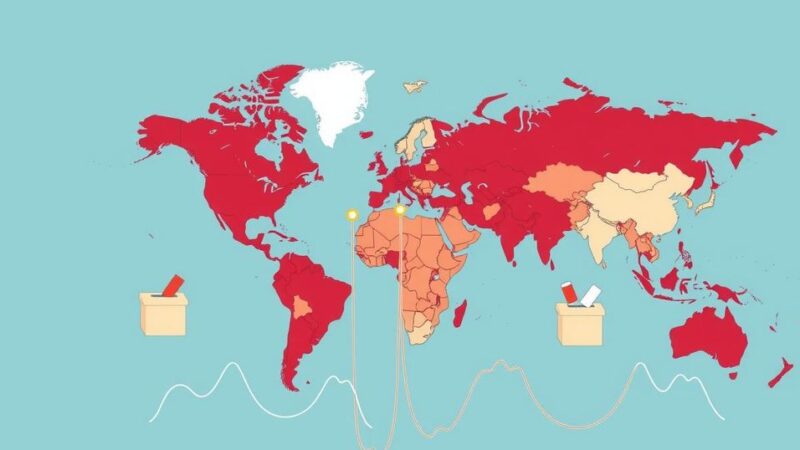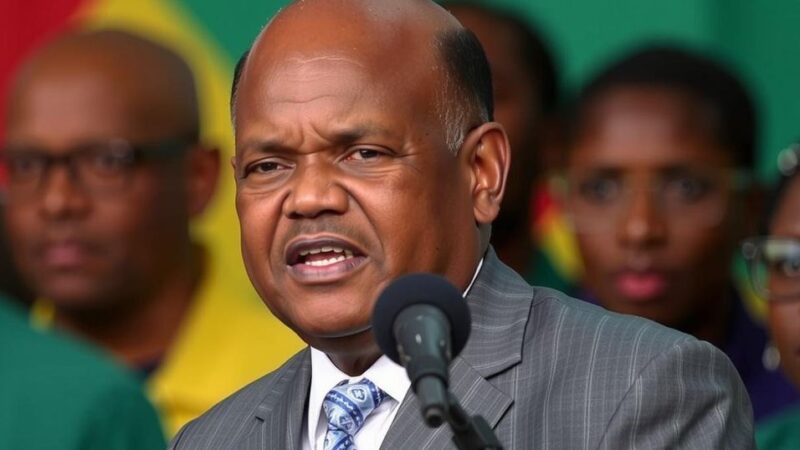Mike Johnson has made unsubstantiated claims about potential electoral fraud in the 2024 election, suggesting non-citizens will vote illegally. His assertions reflect earlier claims by Donald Trump. Despite federal laws prohibiting non-citizen voting, Johnson argues lax state controls contribute to this issue. Former Rep. Liz Cheney expressed concerns about Johnson’s commitment to certifying election results if they conflict with his beliefs.
Republican House Speaker Mike Johnson has made unsubstantiated claims regarding potential electoral fraud in the upcoming 2024 election. During an interview on CBS’s Face the Nation, he asserted that cheating would occur and suggested that non-citizens would participate illegally in the voting process. Johnson’s statements mirror previous allegations made by former President Donald Trump concerning electoral integrity. Despite the fact that it is illegal for non-citizens to vote in federal elections, Johnson argued that some states are not enforcing proof of citizenship requirements rigorously enough, allowing non-citizens to register. He mentioned Virginia Governor Glenn Youngkin’s efforts to amend the voter rolls, despite the Justice Department’s recent lawsuit against Virginia election officials over alleged violations of federal election laws, specifically the National Voter Registration Act’s quiet period rule designed to avoid disenfranchising eligible voters. Johnson claimed, without evidence, that Democrats deliberately opened the U.S. borders to increase voter registration among non-citizens, a contention that received pushback during the interview. Furthermore, he expressed support for the SAVE Act, which mandates proof of citizenship for voter registration; however, critics, including House Minority Leader Hakeem Jeffries, have labeled it as a voter suppression measure. When questioned about the possibility of a January 6-like event reoccurring in 2025, Johnson did not provide a definitive assurance that such incidents would not transpire. Former Congressman Liz Cheney voiced her distrust in Johnson’s capacity to certify the 2024 election results, should Vice President Kamala Harris secure victory, raising concerns about his acceptance of conspiracy theories lingering from the previous election cycle.
The discussion of electoral integrity in the United States has become increasingly contentious, particularly following the 2020 election, where unsubstantiated claims of widespread fraud were propagated. Republican leaders, fueled by previous rhetoric from Donald Trump, continue to question the legitimacy of the electoral process, often citing issues like non-citizen voting as concern points. This topic has been shaped by various legislative proposals aiming to change voting protocols, coupled with growing anxieties about maintaining democratic principles in light of potential misinformation and strong partisan divisions.
In summary, Mike Johnson’s recent assertions regarding electoral fraud lack substantiation and mirror previously debunked claims made by Donald Trump. His comments have sparked debates about electoral integrity, voter registration laws, and the potential impact of misinformation on public confidence in elections. Johnson’s position raises significant concerns about the certification of future election results, particularly in an environment where trust in electoral processes is crucial for democratic governance.
Original Source: www.rollingstone.com

